- 22-24 March 2023, the United Nations Conference on Water 2023 in New York
- Many countries in Central Asia will take advantage of the opportunity of the 2023 Water Conference to call for the promotion of water conservancy construction and green development
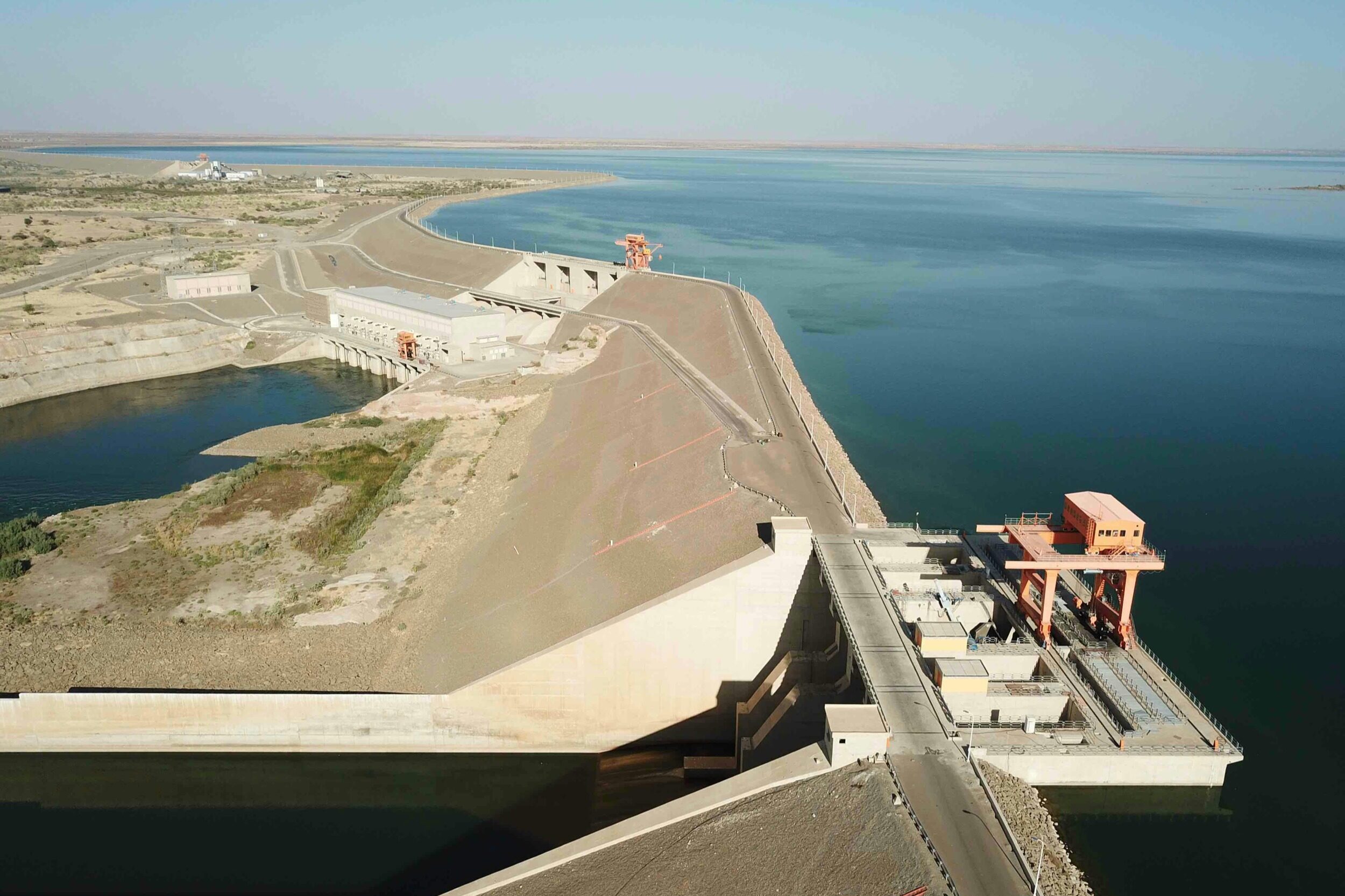
As the United Nations 2023 Water Conference is approaching, Tajikistan, Kyrgyzstan and other Central Asian countries call for strengthening international cooperation to help their water conservancy and green development through technology and capital. The joint briefing of the United Nations 2023 Water Conference revealed that the Water Conference will be supported by the governments of the Netherlands and Tajikistan. In addition to the opening and closing ceremonies, it will also include six plenary meetings and five interactive dialogues. The organizers also revealed that the Water Action Agenda, launched by the co-sponsors, will be a key outcome of the conference to mobilize all industries, actors and countries to build the political will and practical action needed to tackle global water challenges .
Promote water conservancy construction
Tajikistan’s ambassador to China Said Zoda expressed the hope that all parties will strengthen cooperation, exchanges and communication by taking advantage of the opportunity of the 2023 Water Affairs Conference, and expect countries like China that have made remarkable achievements in the field of water affairs to share their experience and achievements. There is a great need for external cooperation in water utilization and safe water use.
Previously, President Emomali Rahmon of Tajikistan emphasized in his speech at the 27th Conference of the Parties to the United Nations Framework Convention on Climate Change that more than 98% of Tajikistan’s electricity comes from renewable green energy, especially hydropower. It is the sixth largest country in the world. He said that Tajikistan plans to increase the proportion of zero emissions in the national strategy by 2050 through the development of green energy. The Government of Tajikistan has also adopted the National Climate Change Adaptation Strategy until 2030 and several other documents.
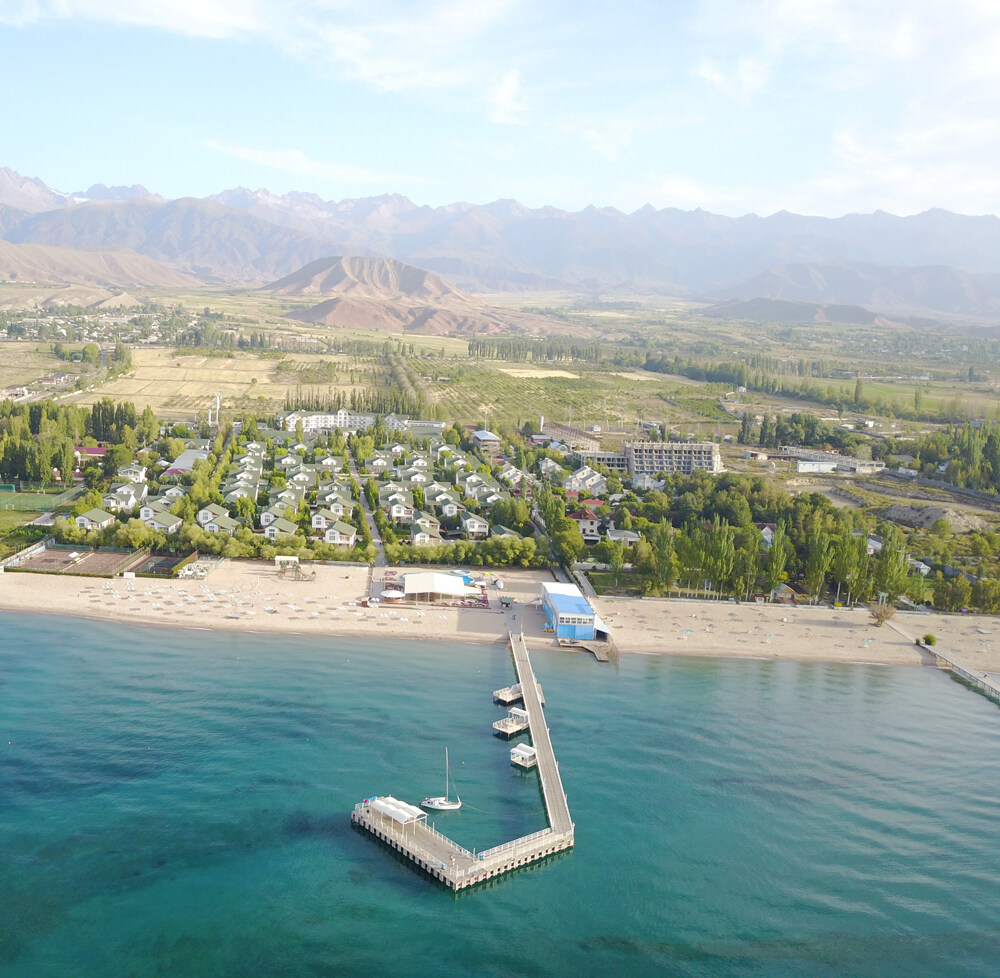
At the same time, in order to participate in the global green economy and develop water conservancy construction, Central Asian countries have recently planned to increase their layout. President Zaparov of Kyrgyzstan recently wrote that he looks forward to strengthening cooperation with partner countries and international financial development institutions to promote the country's green economy and water conservancy development.
Kyrgyzstan has abundant hydropower resources. Regrettably, despite being in the upstream area of water resources, it failed to build a new hydroelectric power plant. Forced to do so, the power resources needed in winter can only be imported. Zaparov said that currently, Kyrgyzstan's utilization rate of hydropower potential is only about 10%. In view of this, he asked all parts of the country to actively carry out the construction of small and medium-sized hydroelectric power stations, adopt appropriate regulations and provide preferential treatment for investors.
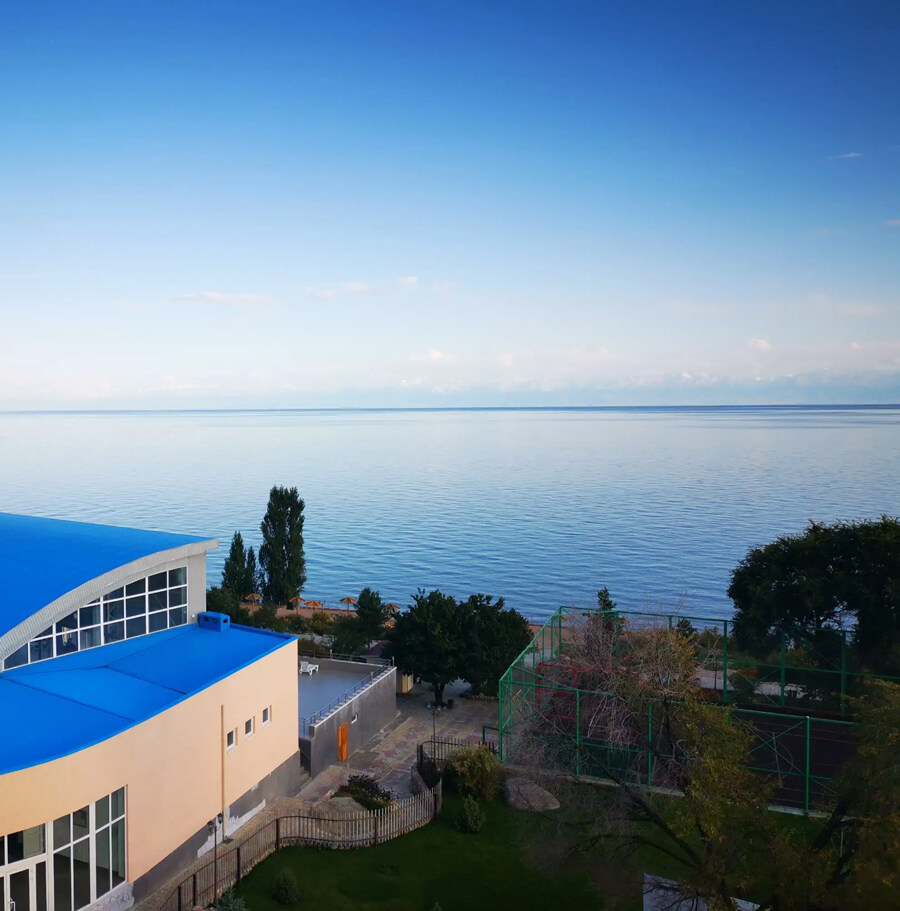
Zaparov called for the implementation of green initiatives in exchange for the country's foreign debt. He said he hoped that the funds earmarked for repaying foreign debt would be redirected to support green initiatives. But it is not limited to donors and partners to provide project funds, Kyrgyzstan is also very willing to invest and implement these projects. The state and financial institutions as creditors of Kyrgyzstan can participate in the construction of energy facilities and hydroelectric power stations in our country.
The Ministry of Energy of Kazakhstan recently announced that Kazakhstan, Kyrgyzstan and Uzbekistan agreed last month to build the Kambar-Ata-1 hydropower station on the Naryn River in Kyrgyzstan to generate electricity for Central Asian countries and ensure sustainable water supply in the region.
Previously, President Tokayev of Kazakhstan stated that Kazakhstan attaches great importance to the development of renewable energy and is committed to achieving sustainable development goals. Kazakhstan is one of the first countries in the world to ratify the Paris Climate Agreement. Kazakhstan has committed to achieve carbon neutrality by 2060 and expand the proportion of renewable energy in the national energy structure. To achieve this goal, the government of Kazakhstan proposed large-scale reforms in all economic fields, covering energy, manufacturing, agriculture, forestry, transportation, and waste disposal. Tokayev also said that Kazakhstan will build 10 GW of new energy projects by 2035. Abundant wind energy and sunlight, as well as vast land, have created the necessary conditions for the development of green energy in the country. Editor/He Yuting
Comment
 Praise
Praise
 Collect
Collect
 Comment
Comment
 Search
Search


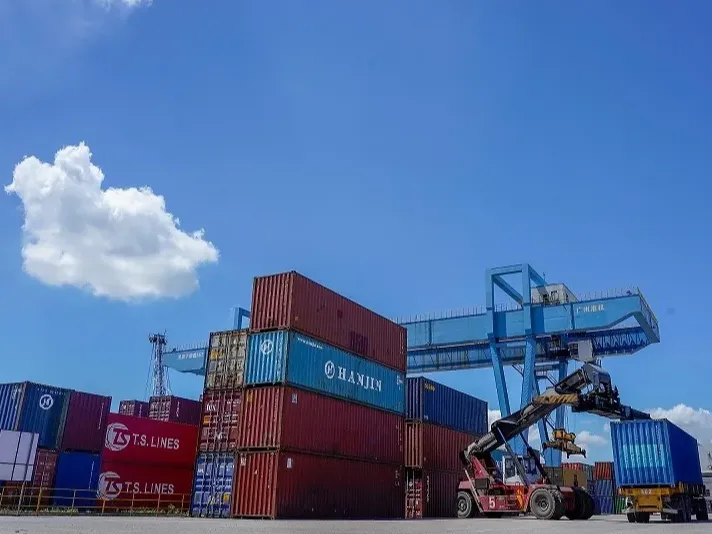

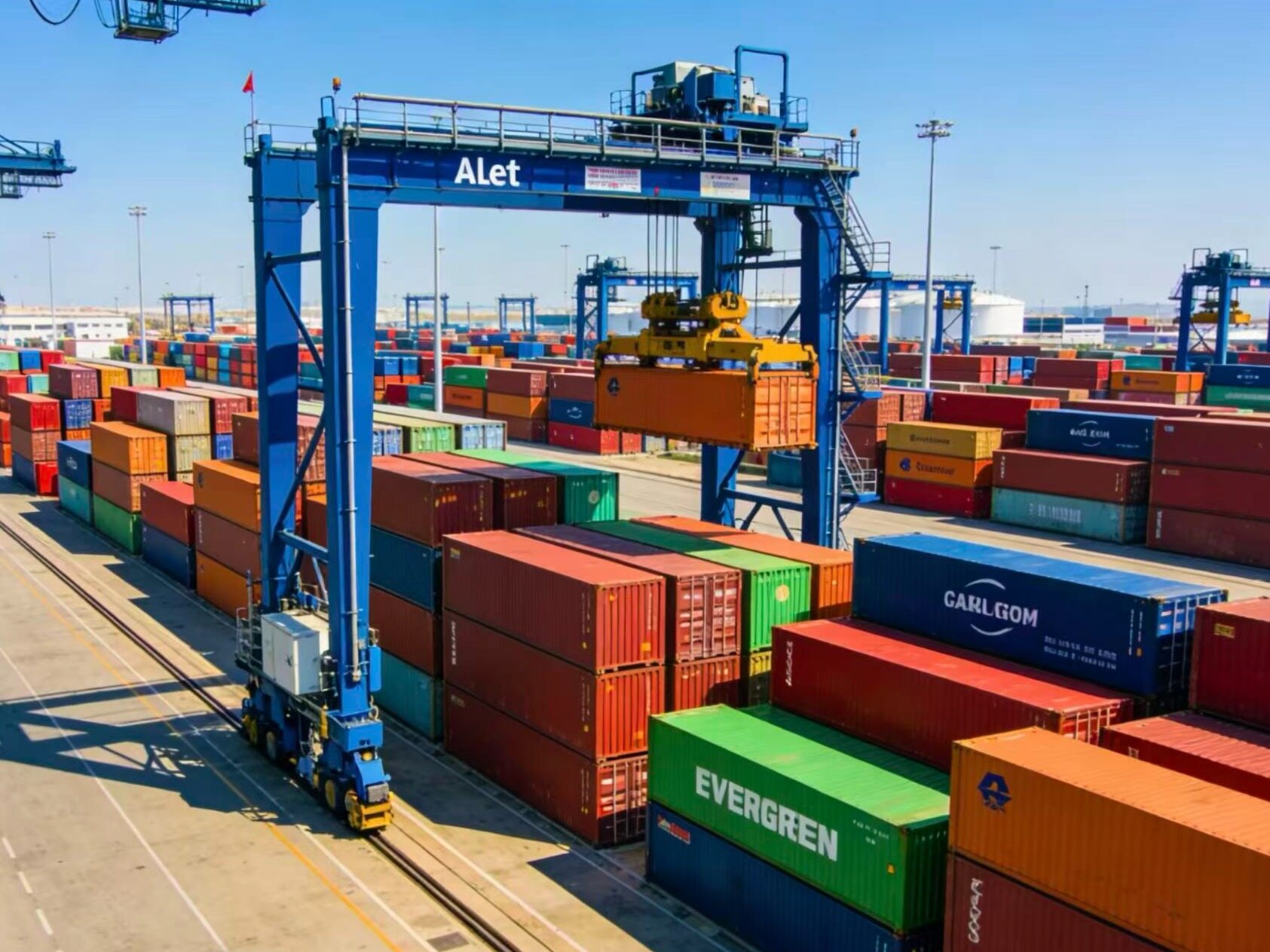









Write something~